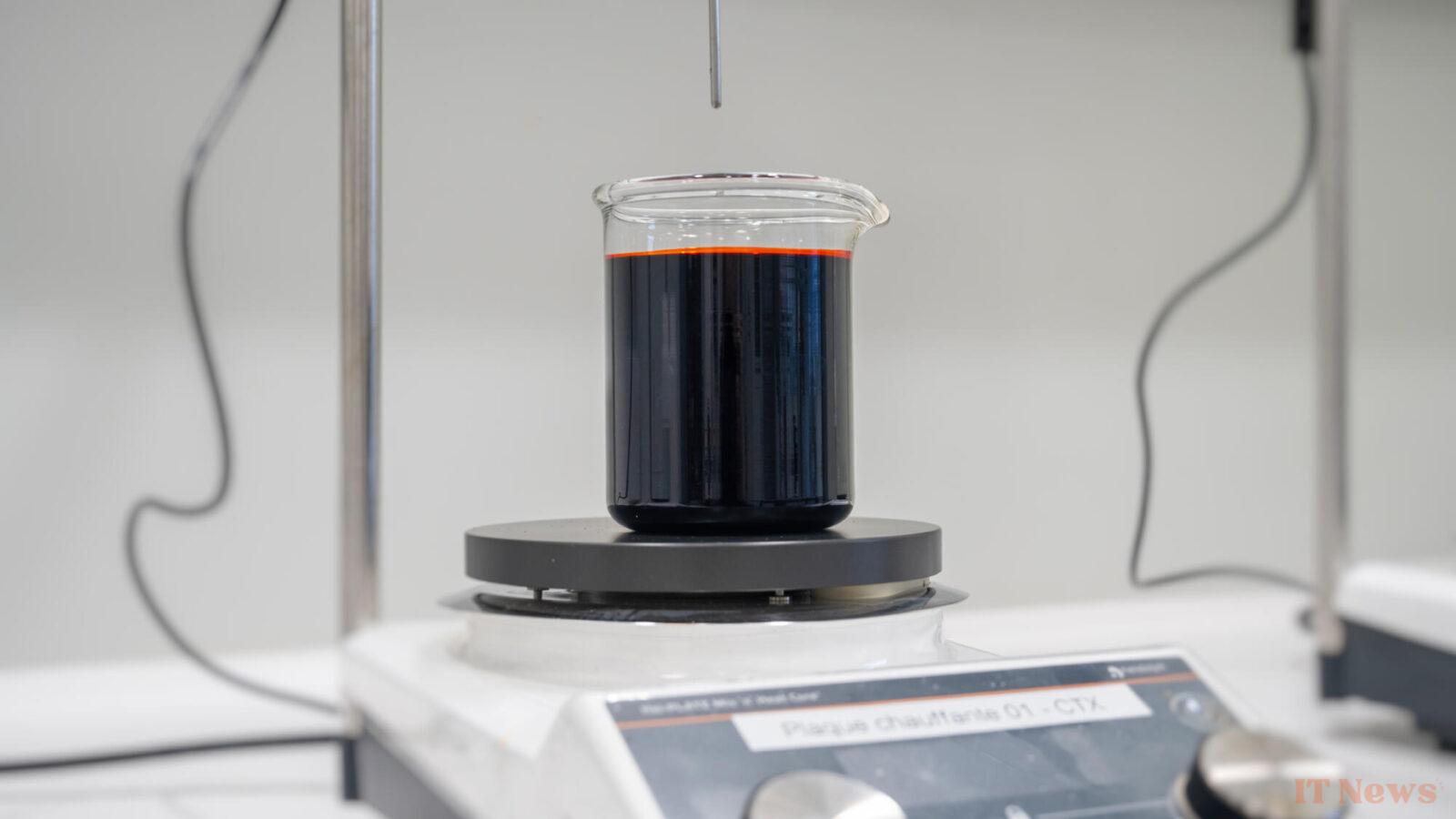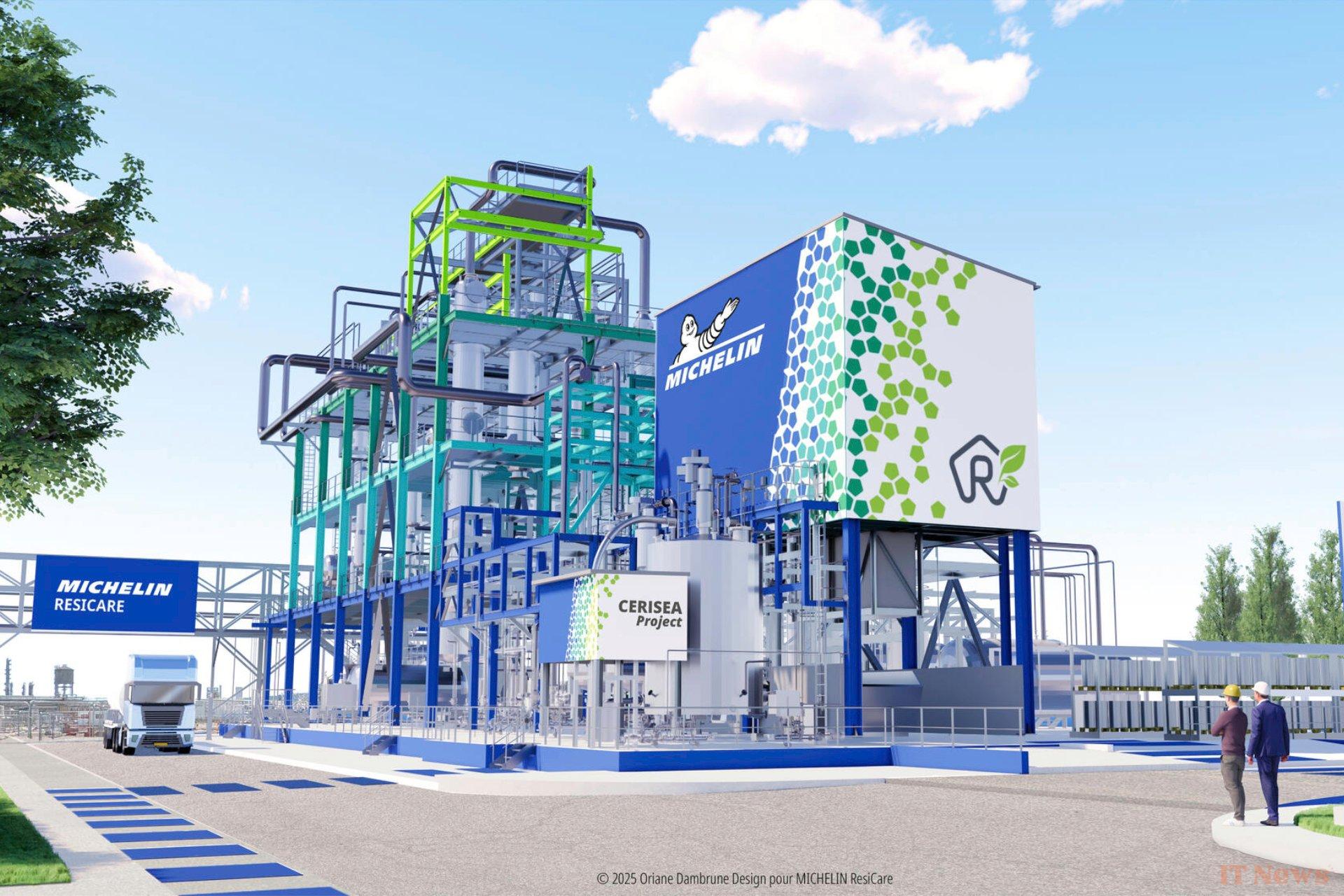At Péage en Roussillon, on the Osiris platform, Michelin wants to make a big impact in terms of tire innovation. At a first industrial demonstration unit, the French giant will democratize large-scale production of the 5-HMF molecule (5-hydroxymethylfurfural), a molecule derived from fructose, "bio-sourced and non-toxic," making it possible to replace many fossil-based ingredients in "very varied" fields, including the transportation rubber industry.
Until now, the 5-HMF molecule was only produced in Asia, in small quantities and at high prices. This situation has attracted the attention of Michelin, which is seeking innovation for its tires, but also diversification to face the delicate competition with China on the market, and the American trade war. The Péage en Roussillon site is a world first, the first to aim for global-scale production.
The installation of this first unit was expensive: 60 million euros, partly subsidized by Ademe in France and the CBE JU (Circular Bio-based Europe Joint Undertaking) at the European level. Annual production is expected to reach 3,000 tons with this initial infrastructure, which has created 30 jobs. By 2040, Michelin envisions the market reaching 40,000 tons. It will become more widespread when 5-HMF prices become more accessible and affordable for industrial uses.
Michelin uses the 5-HMF molecule, but not yet in its tires
Composite solutions are the lifeblood of manufacturers seeking innovation. At Michelin, since 2016, new compounds have been added to the range through ResiCare, including 5-HMF, which has become a bio-sourced and non-toxic alternative to formaldehyde and resorcinol. That said, it is not yet present in the tire range, but only in plywood production, abrasives and molded compounds.
The new ambition is therefore to be able to integrate the molecule into the production of adhesive resins for tires. The new production unit is due to be launched next year, and "open a new sector at the European level," declared Maude Portigliatti, Director of the Polymer Composite Solutions division at Michelin and Member of the group's executive committee.




0 Comments